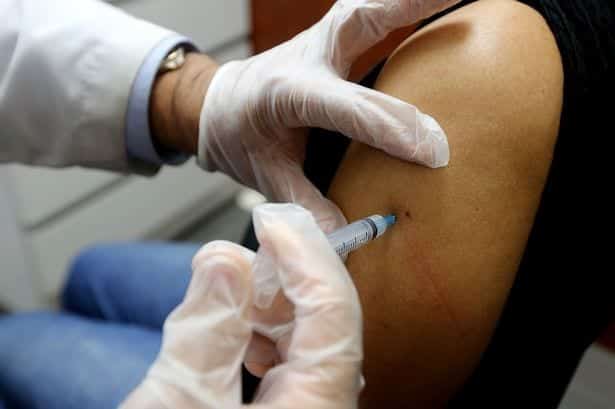Mercury News: A UCSF study will examine the factors that help or hurt patients’ immune responses to the COVID-19 vaccinations.
To learn more, a major new UC San Francisco study is enlisting 600 unvaccinated Bay Area residents to investigate whether a range of predictors — such as age, sleep, stress and emotional wellbeing – might influence the power and persistence of our body’s defenses.
“We’re measuring factors that may lead to a more robust response, as well as factors that we believe will dampen, or weaken, the antibody response,” said UCSF psychiatry professor Elissa Epel, a co-investigator of the Building Optimal Antibodies Study project.
In a race against time, the U.S. is rushing to expand access to the precious COVID-19 vaccines. By Friday, about 17 percent of Americans had been inoculated. While very good, they’re not perfect. A two-dose regimen of the Pfizer and Moderna vaccines prevents 92.6% of infections by two weeks after the second shot. The Johnson & Johnson shot is 72% effective.


